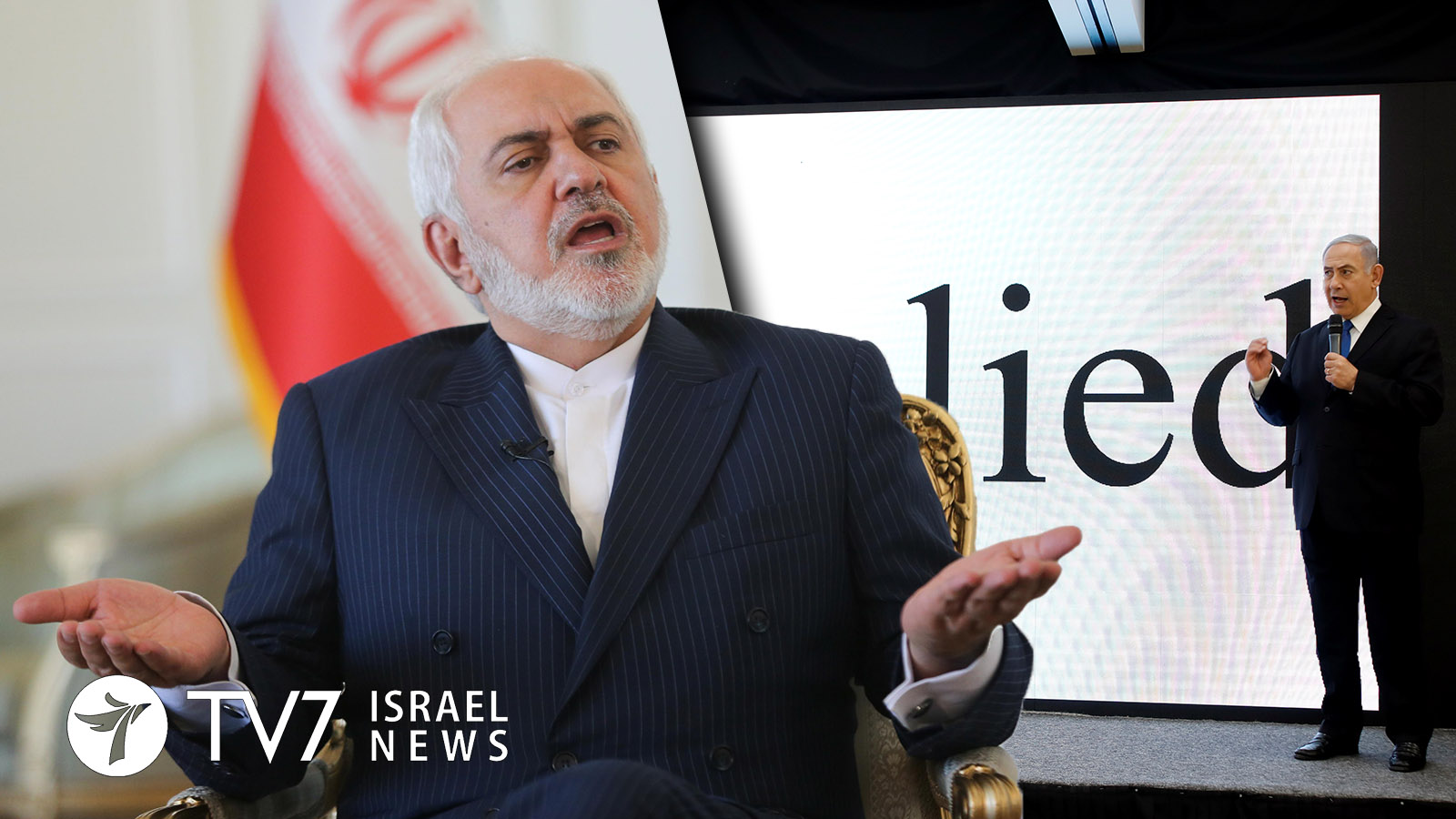The United States should act quickly to revive the 2015 Joint Comprehensive Plan of Action (JCPOA) nuclear deal due to Iran’s presidential election in June, the Islamic Republic’s Foreign Minister Mohammad Javad Zarif cautioned on Monday.
“Once we go into our election, it will be a lame duck government. And a lame duck government will not be able to do anything serious and then we will have a waiting period of almost six months. We will not have a new government before September,” Zarif said, while speaking at the European Policy Center (EPC) think tank in Brussels.
“A lot of things can happen between now and September – so it is advisable for the United States to move fast. And moving fast only requires then not to be shy, just take the measures that they need to take,” he stressed.
The Iranian Foreign Minister said that he had seen no change between the administration of US President Joe Biden and his predecessor Donald Trump’s policy of maximum pressure to force Iran back to the negotiating table.
Addressing the Chair of the EPC’s Governing Board David O’Sullivan, Zarif said pointedly, “I’m very happy that you say there is a new situation because I haven’t seen any indication of it yet – but if there is a new situation, then we need to see action from the United States. Up until now, this administration has done nothing different from the Trump administration.”
In 2018, former US President Donald Trump withdrew from the JCPOA, under which Iran accepted curbs to its nuclear development program in return for the lifting of sanctions. Since then, Washington has re-imposed harsh sanctions and the Ayatollah Regime responded with major breaches of the deal.
While President Biden indicated intent to restore the deal, both Washington and Tehran insist the other side take the first steps.
Zarif repeated Iran’s longstanding demand that Washington rescind the imposing sanctions, and rejected Biden’s call to renegotiate terms of the deal. The Trump Administration and strong ally Israel long maintained that the JCPOA had been a “bad deal,” which Tehran had successfully circumvented.
“So why are they talking about renegotiating? Why are they talking about adjusting? Why are they talking about issues that we already dealt with in this day? And Iran paid the price for it. So, they need to abandon that policy,” he asserted.
The hardline stance demonstrated by the Islamic Republic’s top diplomat came just after US National Security Advisor Jake Sullivan revealed that Washington is in indirect contact with Tehran.
“Diplomacy with Iran is ongoing, just not in a direct fashion at the moment. There are communications through the Europeans and through others that enable us to explain to the Iranians what our position is, with respect to the compliance-for-compliance approach, and to hear what their position is,” said Sullivan, adding, “And we’re waiting, at this point, to hear further from the Iranians how they would like to proceed. But from our perspective, this is going to be – you know, this is not going to be easy – but we believe that we are in a diplomatic process now that we can move forward on, and ultimately secure our objective – which is to prevent Iran from getting a nuclear weapon and to do so through diplomacy.”
When asked whether the Biden Administration will respond to attacks by Iranian-backed militias on US-led coalition forces in Iraq two weeks ago, Sullivan underscored that Washington “reserves the right to protect its personnel and its facilities; we will do so at a time and place of our choosing. And we will take whatever steps are necessary to deter further attacks and to impose costs on those who attack us. But I’m not going to telegraph our punches on any particular operation that we may take in the days or weeks ahead.”
